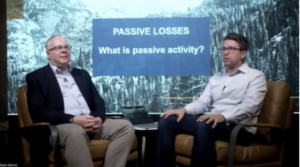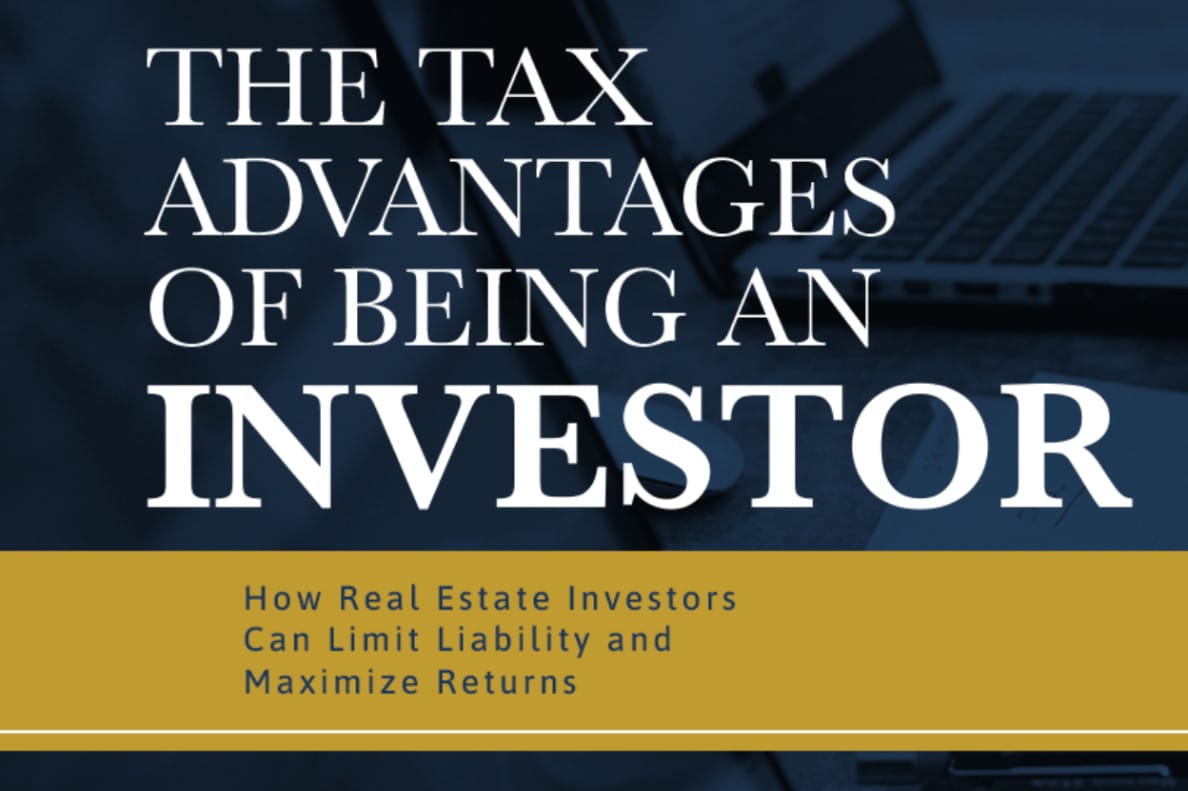Tax Strategies for Passive Investing

Investors frequently wonder about the permissibility of using passive losses, or depreciation, to offset various sources of income and reduce taxes owed. Similar—but different—to Kramer’s half-wit approach in Seinfeld’s “Just Write it Off” episode, some real estate investors have legitimate and powerful tools that may provide significant tax savings.
Ken Williams, Tax Principal at the Bellevue office of top CPA firm CliftonLarsonAllen LLP, recently joined SIG’s CIO Ryan Gibson to share insight on who qualifies as a real estate professional, how bonus depreciation can turbocharge your losses and much more.
Early in the discussion, Ken walked us through the history of how we arrived at the current definition of active and passive activities. He notes that an unfortunate provision in an original rule determined that all rental activity is considered a passive activity even if you materially participated in that activity. Many real estate professionals believe this rule was unfair, and because of this, the qualified real estate professional exception was established.
Ken goes on to detail the requirements that must be met in order to be designated as a qualified real estate professional—noting that it is a non-elective designation. You either meet the requirements or you don’t. An individual in real estate-related career paths—such as a real estate agent, wholesaler, house flipper, property manager or title agent—can qualify as a real estate professional if they meet the following criteria:
- The taxpayer performed more than 750 hours of real estate-related services during the tax year, and
- More than half of the personal services performed in all trades or businesses during the tax year were performed in real estate-related services.
As the conversation continues, Ryan and Ken discuss how the rule is impacted by varying degrees—regular, recurring and substantial—of material participation, the grouping of activities, tracking hours and more. Toward the end of the conversation, the speakers discussed various advanced topics including cost segregation, bonus depreciation and recapture tax.
Click the image below to watch the full discussion.





